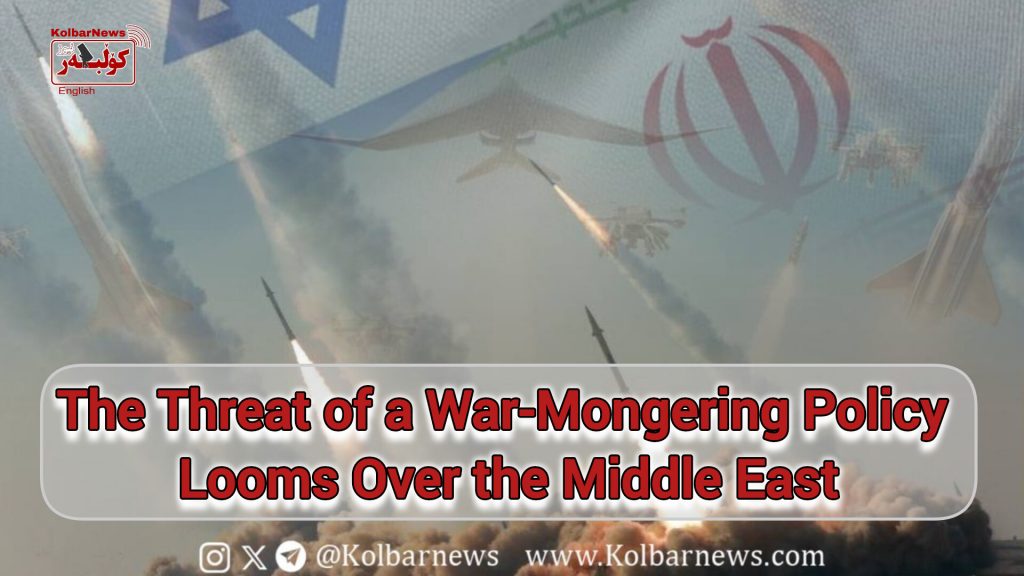
The Islamic Republic of Iran has announced the end of its missile attacks on Israel, emphasizing that the operation has concluded, provided Israel does not retaliate. In turn, Israel has threatened to respond forcefully to Iran. While several factors suggest that a full-scale, devastating war between the states is unlikely, the possibility of escalation spiraling out of control cannot be ignored.
Iran, attempting to make good on threats issued after the death of Ismail Haniyeh in Tehran, launched nearly 200 long-range missiles at Israel. However, since the Iranian regime does not currently view direct confrontation with Israel as beneficial, it informed the U.S. of the attack in advance. The U.S., concerned about Iran’s future, is cautious about allowing unpredictable events to dictate the country’s trajectory and thus refrains from further humiliating the Iranian regime. The U.S. is working to limit the extent of Netanyahu’s response to Iran’s missile strike, aiming to ensure any retaliation does not provoke a cycle of further escalation.
From the American perspective, any response should be calibrated so that Iran feels no need to retaliate in turn. For Israel, the immediate priority appears to be addressing the Hezbollah threat on the Lebanese front, rather than opening a full-scale war with Iran. Israel has likely realized it cannot drag the U.S. into a war with Iran and is counting on the Islamic Republic’s reluctance to directly intervene in defense of Hezbollah.
That said, Israel remains deeply concerned about Iran’s potential to acquire nuclear weapons. However, two major factors influence Israel’s approach to preventing this. First, while the U.S. supports Israel, it cannot sacrifice its long-term interests and global investments to Netanyahu’s ambitions. The U.S. prefers to block Iran’s nuclear ambitions through political and economic pressure, as it has done over the past two decades. Second, military action by Israel against Iran could, paradoxically, accelerate Iran’s nuclear program rather than slow it down. History shows us that the race for nuclear weapons between Nazi Germany, the U.S., and the Soviet Union during World War II ultimately saw the U.S. emerge victorious, culminating in the atomic bombings of Hiroshima and Nagasaki.
When it comes to the fate of the Islamic Republic, none of these geopolitical considerations or predictions matter without accounting for a crucial domestic factor. The reality is that the Islamic Republic is grappling with unsolvable internal crises, chief among them the fraught relationship between the regime and the Iranian people. The regime has deprived the majority of society of basic rights and freedom, relying on imprisonment, executions, suppression of democratic freedoms, interference in personal lives, poverty, inflation, exploitation, unemployment, and widespread corruption. Yet the people have not remained passive or indifferent to these conditions. The ongoing revolutionary movement of “Woman, Life, Freedom” continues in new forms, with growing social and mass struggles by workers and oppressed Iranians playing a decisive role in determining the regime’s future.
The people of Iran seek the overthrow of the Islamic Republic, but not at the hands of the U.S. or Israel. The fate of the regime must be decided by the revolutionary movement of the Iranian people themselves. Only in this way can the people achieve their goals of freedom, security, and welfare.

